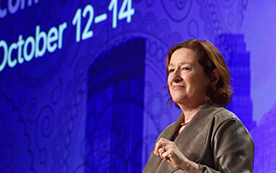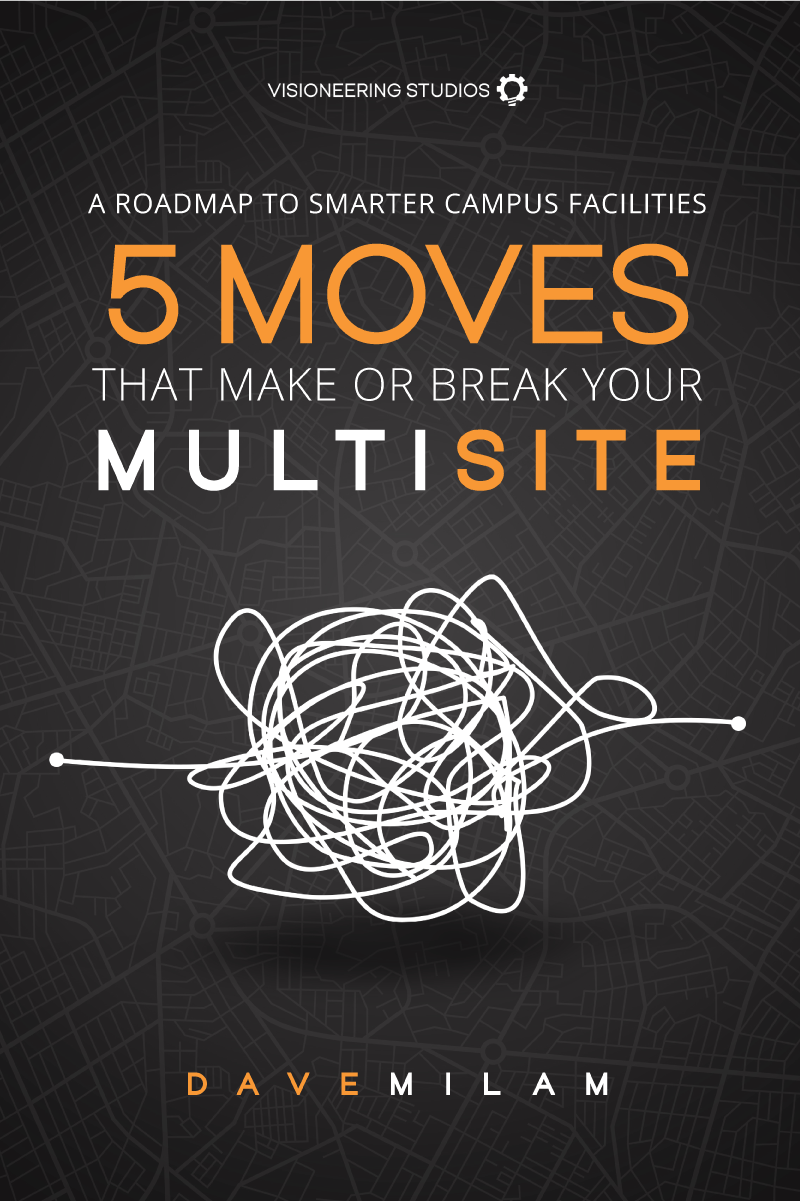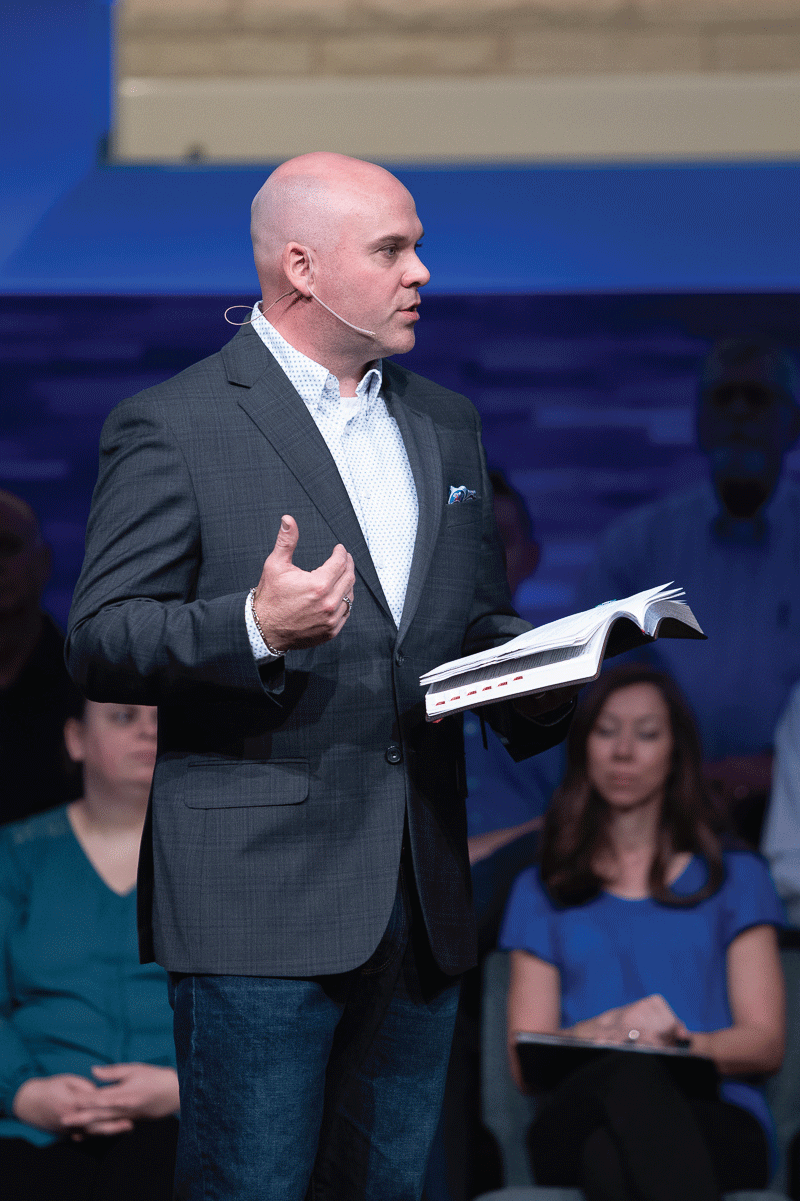
Helping Urban Churches Thrive
In The Death and Life of Great American Cities, the late Jane Jacobs, an author who influenced urban studies, noted four factors especially important for breathing life into struggling cities. According to architect and writer Rick Reinhardt of Charlotte, North Carolina, those four can be described as follows, drawing from Jacobs’ own words.

Mixed uses
City centers “must serve more than one primary function; preferably more than two.” Houses of worship often are single use, reserved for religious services and faith education and sometimes related mission activities.
Small blocks
“Most blocks must be short; that is, streets and opportunities to turn corners must be frequent.” Houses of worship often violate Jacobs’ recommendation of short, walkable blocks and vital building edges. Huge church parking lots remain empty most of the time.
Aged buildings
Great cities need “buildings that vary in age and condition, including a good proportion of old ones.” Houses of worship are often among the oldest buildings in town. Some communities were built around the original churches.
Density
Great cities need “a sufficiently dense concentration of people, for whatever purpose they may be there.” Houses of worship are often among the least densely occupied structures in town over time, with influxes of people one morning, and sometimes one evening, in a week.
Some U.S. churches are taking note, such as St. Peter’s United Church of Christ in Louisville, Kentucky. The church is just one example of a church that has embraced mixed use in recent years. The Village @ West Jefferson, overseen by the United Church of Christ Church Building and Loan Fund, for instance, is a two-story, 30,000-square-foot mixed use office and retail development in Louisville’s Russell historic neighborhood. The project delivers small business rental opportunities in the community, as well as events, employment, job training services, housing, and other support programs for Russell resident.
As a campus pastor, if you are located in a city or major metropolitan area, to what extent is your church influenced by—or influencing—one of these four factors in its community? Leave Campus Pastor your feedback and thoughts in the comment box below, and the results of your feedback will be shared in a later report.






